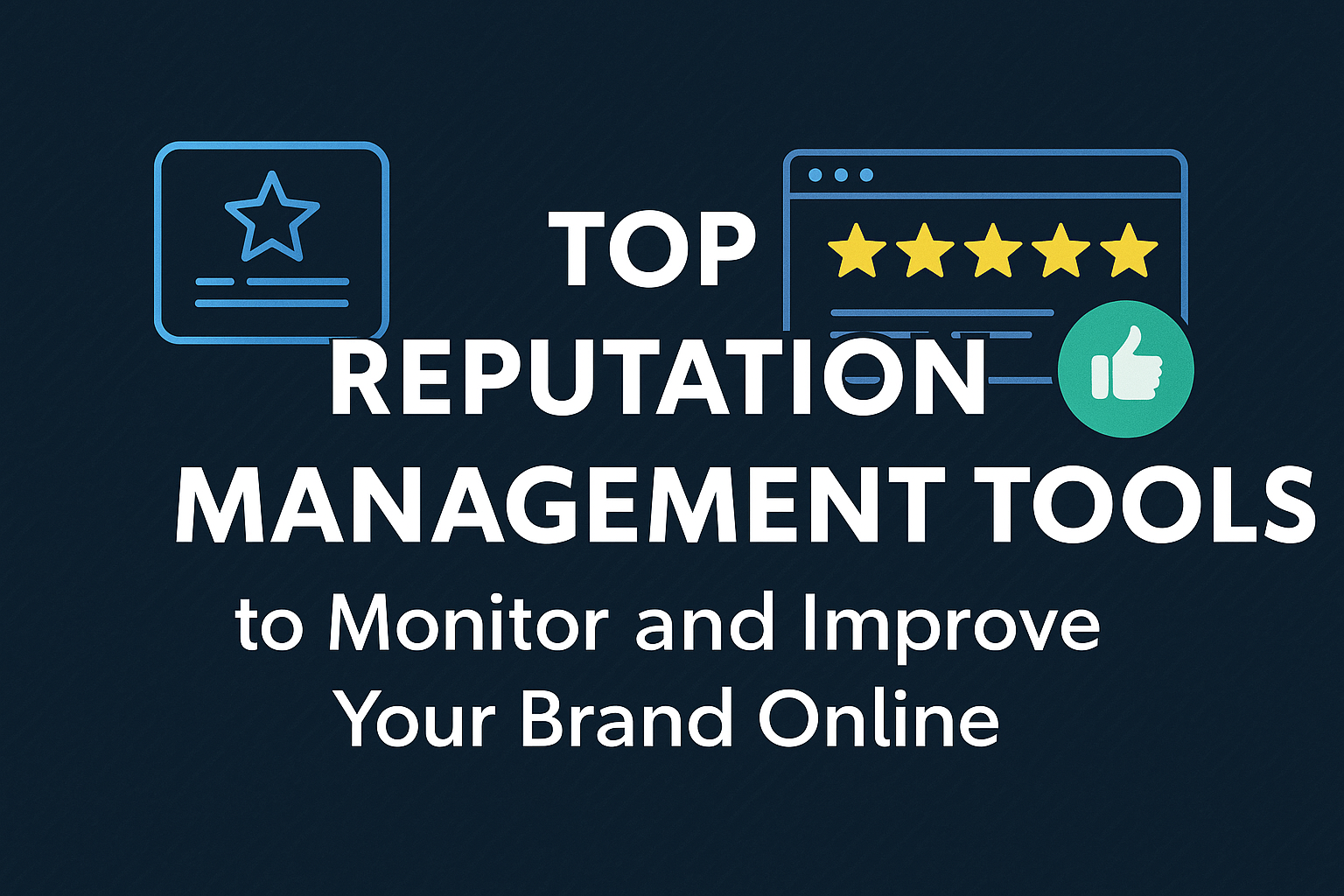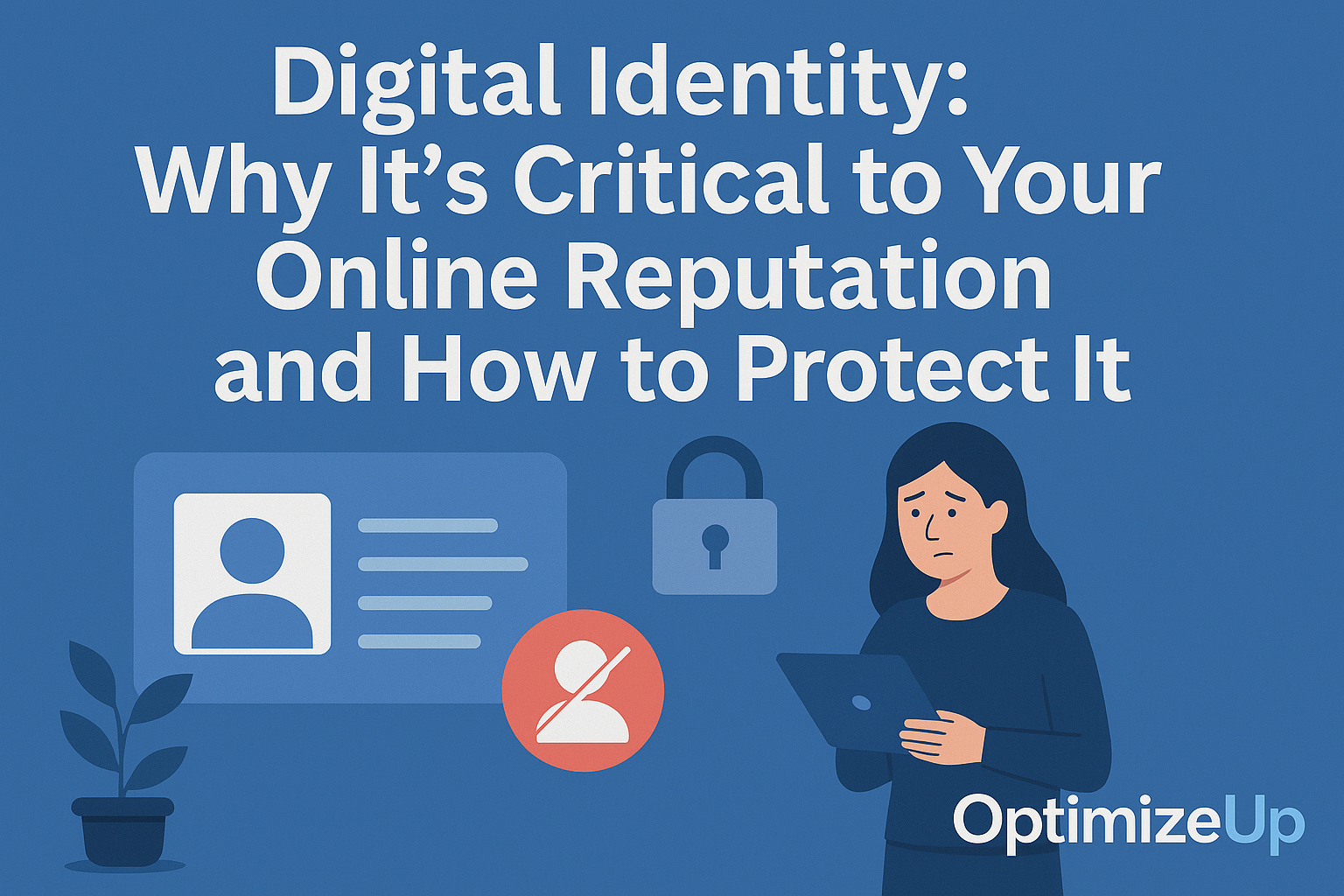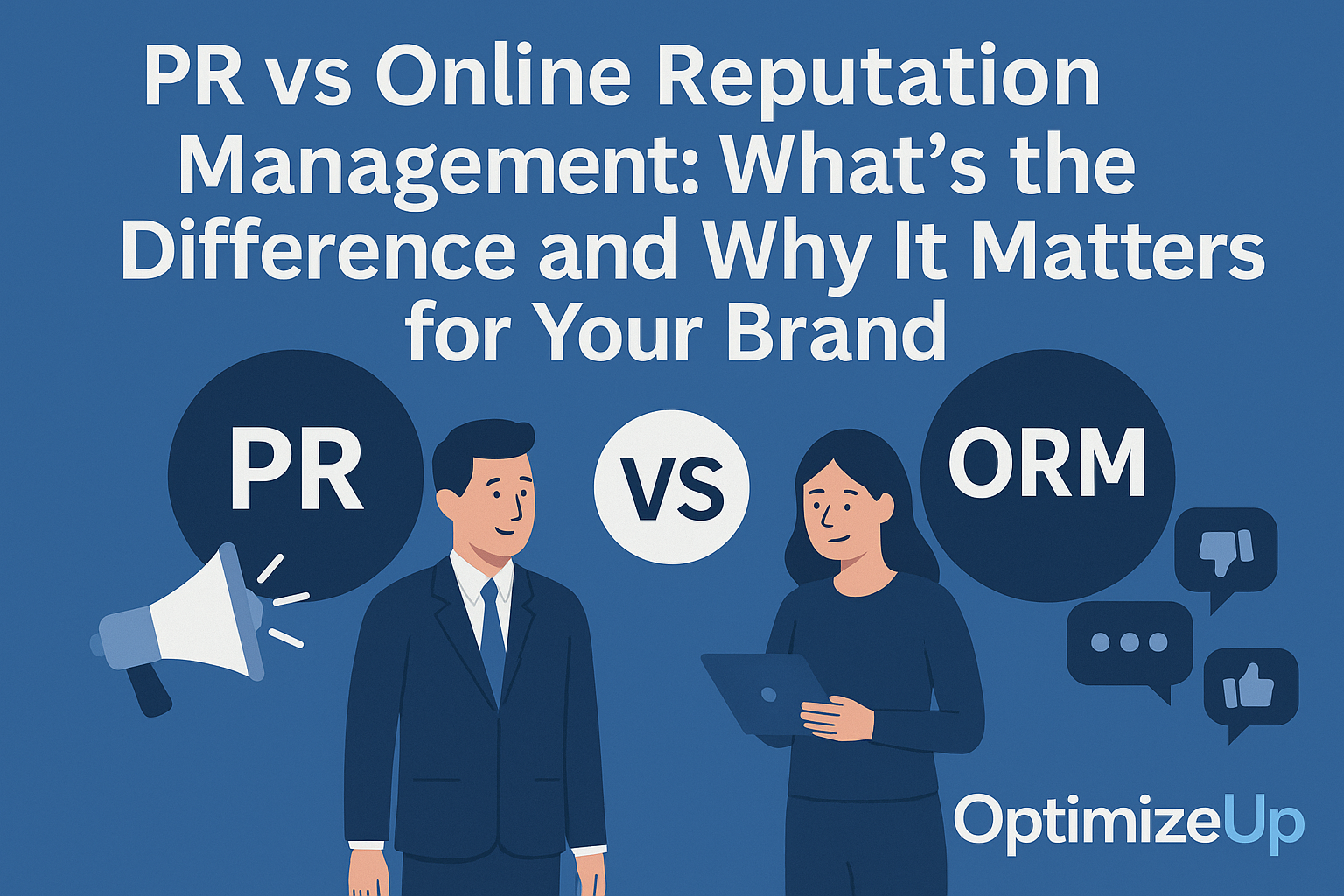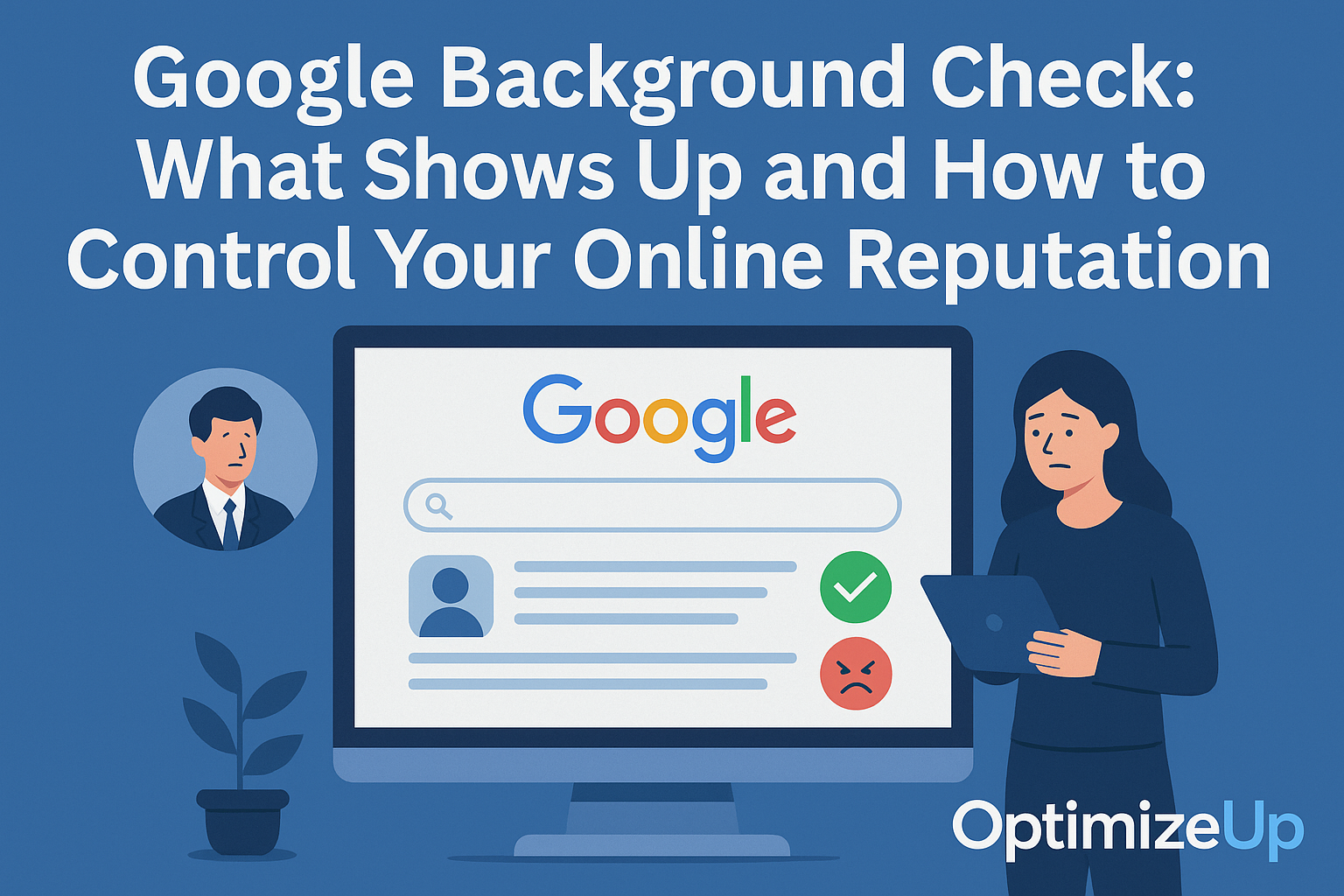Why Reputation Management Is Non-Negotiable in 2025
Your brand’s reputation lives in your search results, review scores, and social mentions. With customer trust at an all-time premium, ignoring online sentiment is no longer an option.
Whether you’re running a SaaS startup, healthcare practice, franchise network, or personal consultancy, reputation management tools help you:
- Respond faster to customer feedback
- Detect brand threats in real time
- Push down negative press in Google search
- Generate fresh reviews from happy clients
“A brand is no longer what we tell the consumer it is—it is what consumers tell each other it is.” — Scott Cook
Must-Have Features in a Reputation Management Platform
Before choosing software, evaluate your specific needs. Essential features include:
- Review Monitoring & Alerts
- Google Business Profile Integration
- Sentiment Analysis & Natural Language Processing
- Social Listening (Reddit, TikTok, X, LinkedIn)
- Multi-location Review Aggregation
- Automated Review Requests (SMS + Email)
- Crisis Management & Escalation Workflows
- Analytics, Dashboards, and API Access
Some platforms even integrate with helpdesk tools like Zendesk, CRM platforms like Salesforce, and website CMS systems.
Best Reputation Management Tools in 2025
1. Birdeye
Best for: Local businesses and multi-location review management
Features:
- Review generation and monitoring
- Listings management
- Webchat + messaging integrations
Pricing: From $299/month
birdeye.com
2. Reputation.com
Best for: Large enterprises
Features:
- Full-stack reputation suite
- AI sentiment dashboard
- Competitive benchmarking
Pricing: Custom quote
reputation.com
3. Yext
Best for: Local SEO and listings accuracy
Features:
- PowerListings distribution to 150+ sites
- Review response templates
- Integrates with Google and Apple Maps
Pricing: From $199/year
yext.com
4. Podium
Best for: Text message-based review generation
Features:
- Two-way SMS tools
- Webchat and contactless payments
- Google Reviews integration
Pricing: From $289/month
podium.com
5. Brand24
Best for: Real-time brand monitoring across platforms
Features:
- Tracks blogs, forums, and news sites
- Social mentions dashboard
- Influencer score tracking
Pricing: From $99/month
brand24.com
6. Mention
Best for: Agencies and social listening
Features:
- Multi-language sentiment tracking
- Report builder and custom alerts
- Boolean search for precise monitoring
Pricing: From $49/month
mention.com
7. Trustpilot
Best for: Ecommerce reputation and social proof
Features:
- Verified public reviews
- TrustBoxes for embedding reviews on-site
- Seller ratings integration with Google Shopping
Pricing: Free + Paid Plans
trustpilot.com
8. ReviewTrackers
Best for: Scalable review aggregation for multi-location brands
Features:
- NLP-based sentiment engine
- Tracks 100+ review sources
- Custom alerts and workflow triggers
Pricing: Custom quote
reviewtrackers.com
9. Sprout Social
Best for: Social listening + customer engagement
Features:
- Brand health score
- Review response within social inbox
- Competitor social analytics
Pricing: From $249/month
sproutsocial.com
10. OptimizeUp
Best for: High-stakes brand protection and content suppression
Features:
- Google de-indexing assistance
- Strategic content creation and press
- Full-service review monitoring and management
Pricing: Custom
optimizeup.com
Additional Noteworthy Mentions
- Chatmeter – Local SEO & customer sentiment dashboards
- NiceJob – Automated review generation for service-based businesses
- Grade.us – White-label dashboards for agencies
- TINT – Curates user-generated content (UGC) for trust-building
Who Should Use Reputation Management Tools?
| User Type | Recommended Tools |
|---|---|
| Solo entrepreneurs | Google Alerts, Brand24, OptimizeUp |
| Franchise networks | Birdeye, Yext, ReviewTrackers |
| Marketing agencies | Mention, Grade.us, Reputation.com |
| Ecommerce brands | Trustpilot, Podium, TINT |
| Executives & public figures | Brand24, SEMrush, OptimizeUp |
How to Build a Reputation Management Stack
STEP 1 → Use Google Alerts to monitor name + brand
STEP 2 → Add a review generation tool like Podium or NiceJob
STEP 3 → Layer in a listening tool like Mention or Brand24
STEP 4 → Track SEO and mentions via SEMrush
STEP 5 → Work with OptimizeUp for suppression and PR strategyReal-World Results Using These Platforms
- Restaurant Chain: Added 1,800+ Google Reviews in 90 days using Birdeye
- Startup CEO: Prevented media crisis using Brand24 alert to respond to Reddit thread in 2 hours
- Law Firm: Increased qualified leads 32% after deploying OptimizeUp content + suppression strategy
Frequently Asked Questions
No, but they help you monitor, respond, and request removals on platforms like Google or Yelp.
Yes—tools improve E-E-A-T signals, track brand queries, and help you generate UGC, all of which support higher rankings.
Yes, most businesses layer monitoring, review generation, and suppression.
Google Alerts and basic Brand24 plans are free for starter-level tracking.
Tools like SEMrush, G2, and LinkedIn reviews play a role in B2B brand trust. Integrate these into your monitoring stack.
Brand monitoring tracks mentions of your brand across news, blogs, and social media, while review monitoring focuses specifically on customer reviews posted on platforms like Google, Yelp, and Facebook.
Solo entrepreneurs may benefit from lighter tools like Google Alerts or Brand24. Mid-size and enterprise businesses typically require robust suites such as Reputation.com or Sprout Social, which include advanced workflows and team permissions.
Use tools like Mention or Sprout Social, which offer multilingual sentiment analysis and support for global brand campaigns.
Most reputable platforms offer compliance features, but always verify data handling practices, especially if you’re collecting personal information via reviews or integrations.
Brand monitoring tracks mentions of your brand across news, blogs, and social media, while review monitoring focuses specifically on customer reviews posted on platforms like Google, Yelp, and Facebook.
Why Choose OptimizeUp for Reputation Management?
OptimizeUp helps companies and individuals:
- Remove defamatory or outdated content
- Suppress negative Google results
- Generate 5-star reviews through custom strategies
- Protect executives and founders from smear campaigns
- Recover from PR crises with managed media and legal support
👉 Start your free brand audit now.
MLA Citations
“Global Trust in Reviews: Survey 2024.” BrightLocal, https://www.brightlocal.com/research/local-consumer-review-survey/. Accessed 13 May 2025.
“The Power of Brand Sentiment.” McKinsey & Company, https://www.mckinsey.com/capabilities/strategy-and-corporate-finance/our-insights/reputation-matters. Accessed 13 May 2025.
“Reputation Management Software Rankings.” G2 Crowd, https://www.g2.com/categories/reputation-management. Accessed 13 May 2025.
“Top Review Monitoring Tools in 2025.” Search Engine Journal, https://www.searchenginejournal.com/tools-to-track-brand-sentiment/. Accessed 13 May 2025.
“Reputation Trends Report.” HubSpot Research, https://research.hubspot.com. Accessed 13 May 2025.





